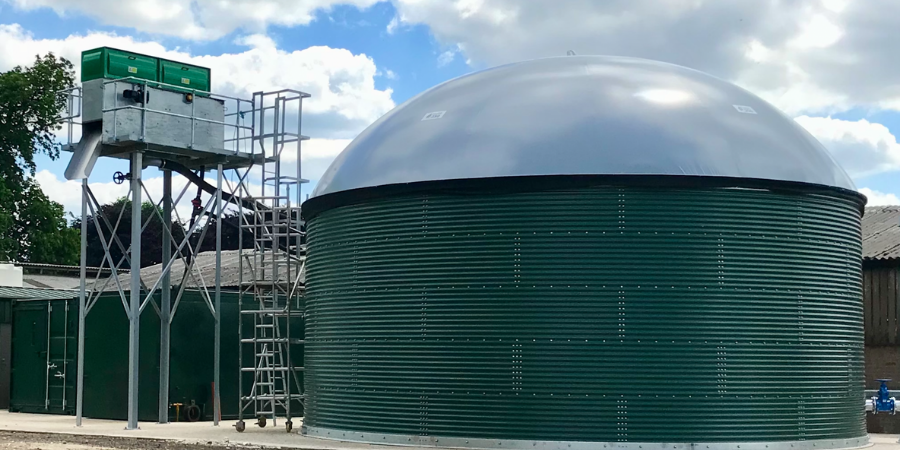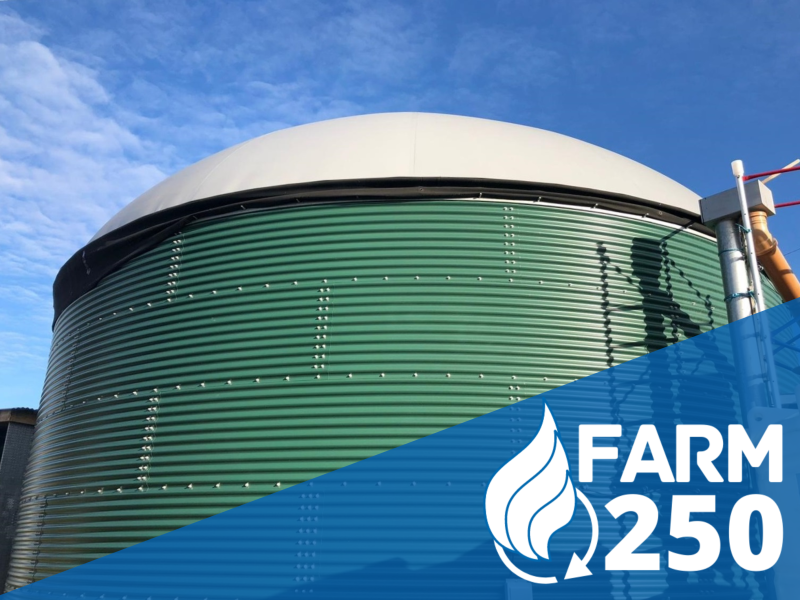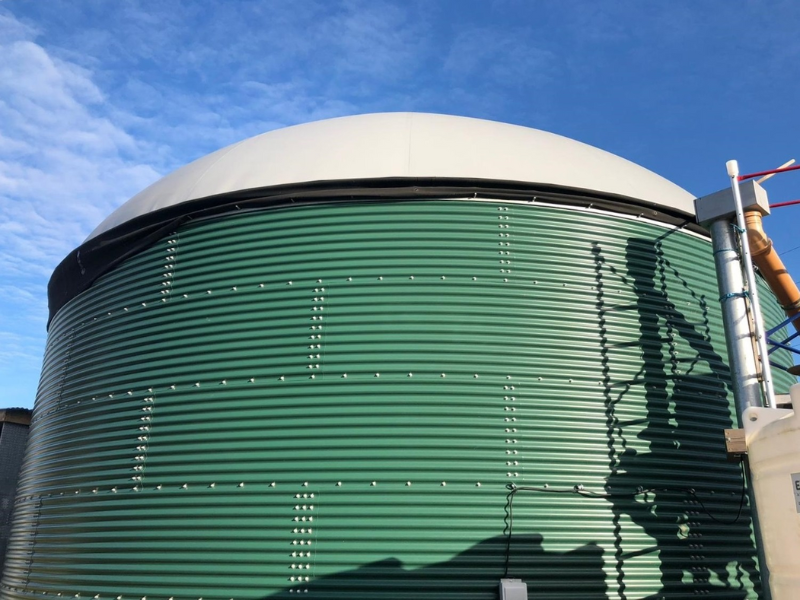
FARM250 Anaerobic Digester System: A Sustainable Solution for Agricultural Waste
01 Nov 23In recent years, the agricultural sector has been facing increasing pressure to adopt sustainable practices and reduce its environmental footprint. One significant challenge in this pursuit is the management of agricultural waste, which includes animal manure, crop residues, and other organic materials. The FARM250 Anaerobic Digester System from J & J Carter and Bioplex is a game-changing solution, offering farmers a sustainable way to manage waste while generating valuable resources.

What is Anaerobic Digestion?
Before delving into the benefits of the FARM250 system, it's essential to understand the process of anaerobic digestion. Anaerobic digestion is a natural biological process that occurs in the absence of oxygen. It involves microorganisms breaking down organic matter into biogas and digestate. Biogas is primarily composed of methane and carbon dioxide and can be used as a renewable energy source, while digestate is a wet mixture that is rich in nutrients and can be used as organic fertiliser. Find out more on the detailed process of anaerobic digester systems.
Discover the Benefits of the FARM250
The FARM250 Anaerobic Digester System emerges as a beacon of sustainability in the world of agricultural waste management. Its benefits are numerous and extend far beyond waste reduction alone.
Waste Management: The FARM250 Anaerobic Digester System provides an efficient and environmentally friendly way to manage agricultural waste. By converting organic materials into biogas and digestate, it reduces the need for traditional waste disposal methods that can harm the environment.
Renewable Energy Generation: Biogas produced by the system can be used to generate electricity, reducing a farm's dependence on fossil fuels and lowering energy costs. It also contributes to the reduction of greenhouse gas emissions, mitigating climate change.
Soil Health and Crop Yields: The nutrient-rich digestate serves as an excellent organic fertiliser, enriching the soil with essential nutrients. This can lead to improved soil health, increased crop yields, and reduced reliance on chemical fertilisers.
Financial Benefits: The FARM250 system can provide farmers with an additional source of income through the sale of excess electricity or biogas. Additionally, it may lead to cost savings on waste disposal and fertiliser purchases.
Environmental Stewardship: By adopting the FARM250 Anaerobic Digester System, farmers contribute to sustainable agricultural practices and reduce their environmental impact. It helps protect water quality by preventing the runoff of nutrient-rich waste into nearby water bodies.
Durability and Longevity: The FARM250 Anaerobic Digester System utilises durable tensile materials, ensuring longevity and reducing the need for frequent replacements or repairs. This sustainability feature minimises resource consumption, lowers costs, and decreases the environmental impact, making it an eco-friendly solution for agricultural waste management.
Sustainable Solution for Agricultural Waste with J & J Carter
The FARM250 Anaerobic Digester System from J&J Carter represents a sustainable and innovative solution for agricultural waste management. Through anaerobic digestion, it not only addresses the challenge of waste disposal but also offers numerous benefits, including renewable energy generation, improved soil health, and financial incentives for farmers.
As the agricultural sector continues its journey towards sustainability, systems like the FARM250 are paving the way for a more environmentally conscious and economically viable future. For more information on the FARM250 system contact our friendly team at J & J Carter today who will be happy to answer any question you may have.


